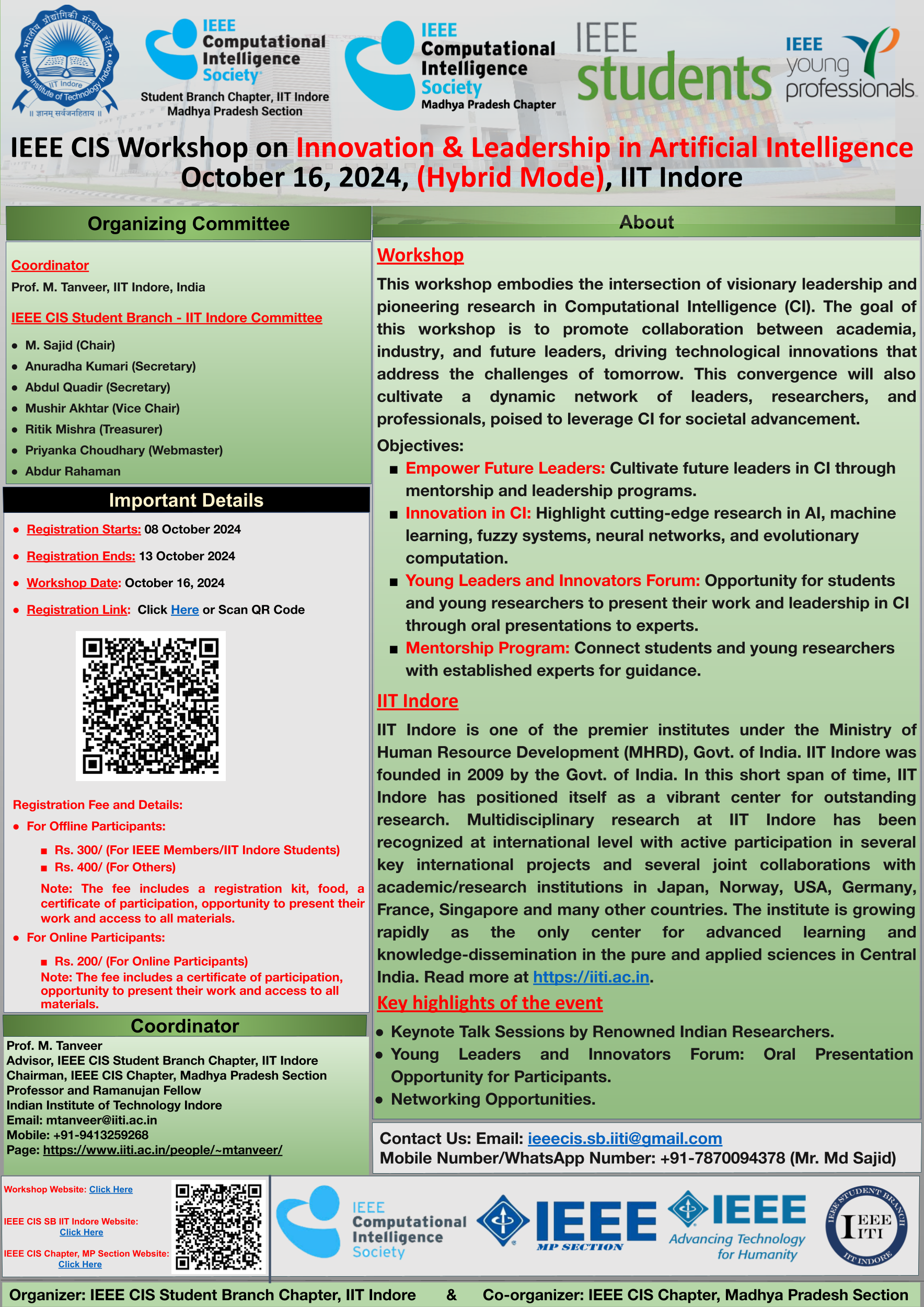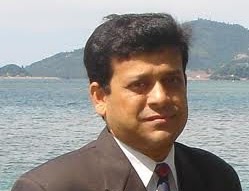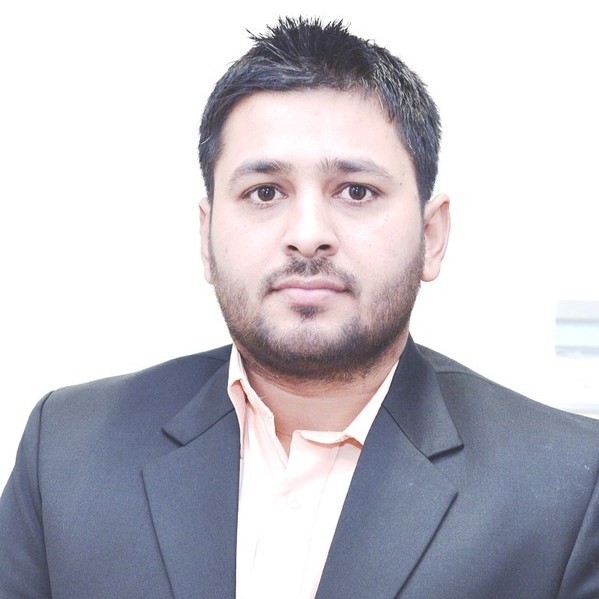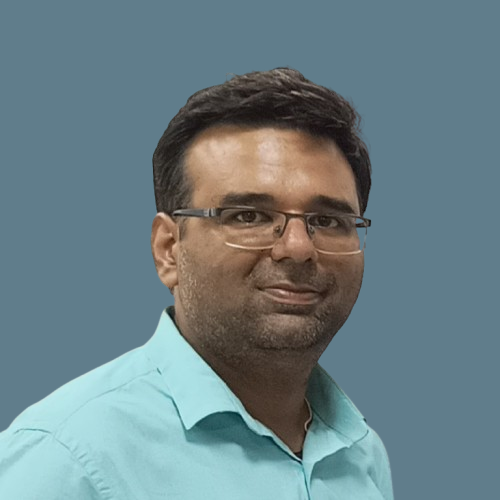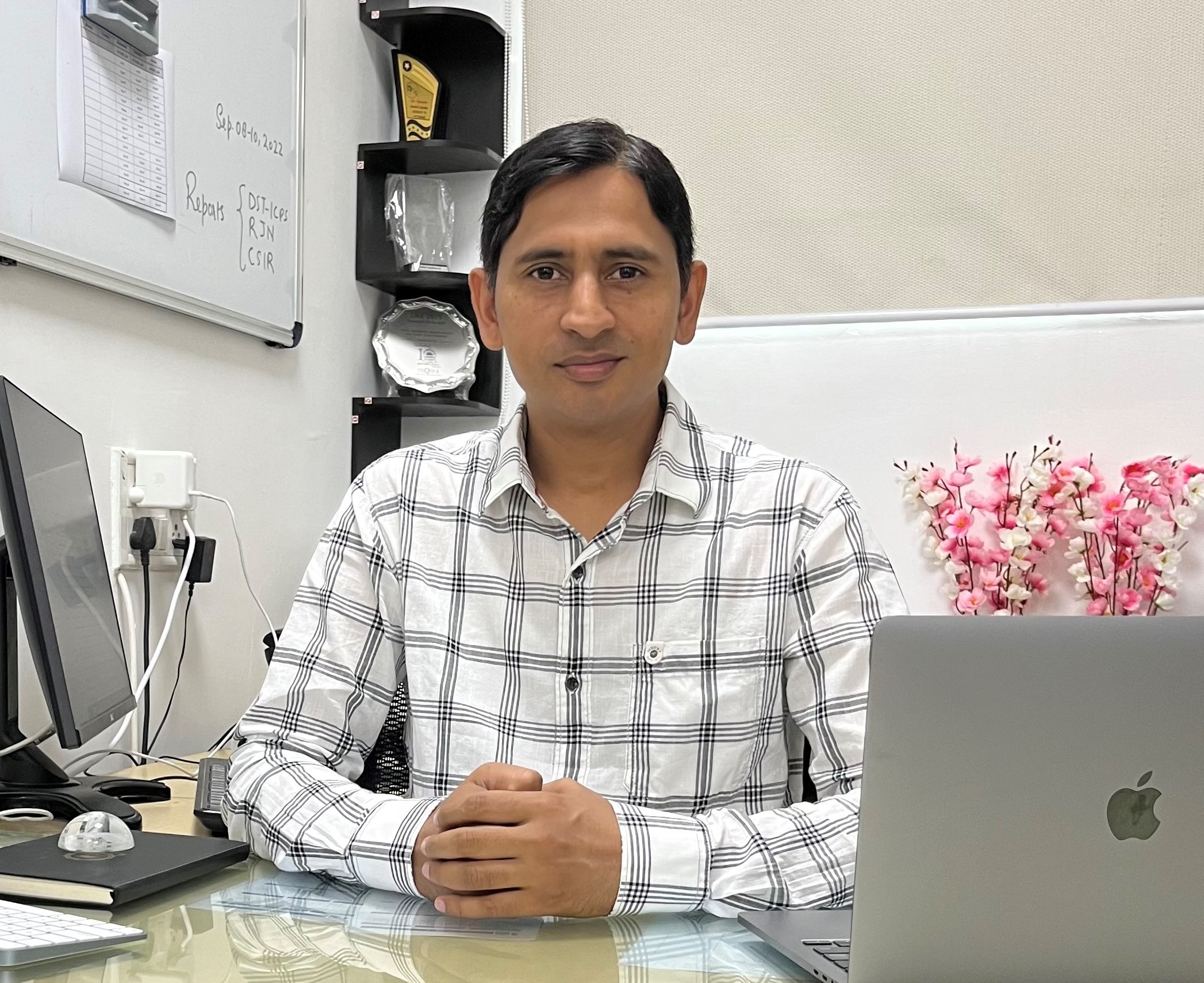IEEE CIS Workshop on Innovation & Leadership in Artificial Intelligence
IEEE CIS Workshop on Innovation & Leadership in Artificial Intelligence
October 16, 2024, (in hybrid mode), IIT Indore, India
(Organizer: IEEE CIS Student Branch Chapter, IIT Indore, Madhya Pradesh Section)
About the Workshop
This workshop embodies the intersection of visionary leadership and pioneering research in Computational Intelligence (CI). The goal of this workshop is to promote collaboration between academia, industry, and future leaders, driving technological innovations that address the challenges of tomorrow. This convergence will also cultivate a dynamic network of leaders, researchers, and professionals, poised to leverage CI for societal advancement.
Objectives:
-
Empower Future Leaders: Cultivate future leaders in CI through mentorship and leadership programs.
-
Innovation in CI: Highlight cutting-edge research in AI, machine learning, fuzzy systems, neural networks, and evolutionary computation.
-
Young Leaders and Innovators Forum: Opportunity for students and young researchers to present their work and leadership in CI through oral presentations to experts.
-
Mentorship Program: Connect students and young researchers with established experts for guidance.
About IIT Indore
IIT Indore is one of the premier institutes under the Ministry of Human Resource Development (MHRD), Govt. of India. IIT Indore was founded in 2009 by the Govt. of India. In this short span of time, IIT Indore has positioned itself as a vibrant center for outstanding research. Multidisciplinary research at IIT Indore has been recognized at the international level with active participation in several key international projects and several joint collaborations with academic/research institutions in Japan, Norway, USA, Germany, France, Singapore and many other countries. The institute is growing rapidly as the only center for advanced learning and knowledge-dissemination in the pure and applied sciences in Central India.
Young Leaders and Innovators Forum
Workshop participants have the opportunity to showcase their work or present concepts in Artificial Intelligence and Computational Intelligence, demonstrating leadership and innovation to leading experts in the field during the workshop at the Young Leaders and Innovators Forum session.
Benefits:
-
Showcase leadership skills to leading experts.
-
Receive valuable feedback from renowned experts.
-
Network with researchers in similar or related areas.
-
The best presentations will be awarded certificates.
Date and Time
Location
Hosts
Registration
-
 Add Event to Calendar
Add Event to Calendar
- POD 1D - 105 and Gargi Seminar Hall
- IIT INDORE, KHANDWA ROAD, SIMROL, INDORE, MADHYA PRADESH
- INDORE, Madhya Pradesh
- India 453552
- Contact Event Hosts
- Co-sponsored by IEEE Young Professionals and IEEE Students
Speakers
Prof. Ujjwal Maulik of Jadavpur University
AI for Healthcare
Biography:
Dr. Ujjwal Maulik is a Professor in the Dept. of Comp. Sc. and Engg., Jadavpur University since 2004. He was also the former Head of the same Department. He also held the position of the Principal in charge and the Head of the Dept. of Comp. Sc. and Engg., Kalayni Govt. Engg. College. Dr. Maulik has worked in many universities and research laboratories around the world as visiting Professor/ Scientist including Los Alamos National Lab., USA in 1997, Univ. of New South Wales, Australia in 1999, Univ. of Texas at Arlington, USA in 2001, Univ. of Maryland at Baltimore County, USA in 2004, Fraunhofer Institute for Autonome Intelligent Systems, St. Augustin, Germany in 2005, Tsinghua Univ., China in 2007, Sapienza Univ., Rome, Italy in 2008, Univ. of Heidelberg, Germany in 2009, German Cancer Research Center (DKFZ), Germany in 2010, 2011 and 2012, Grenoble INP, France in 2010, 2013 and 2016, University of Warsaw in 2013 and 2019, University of Padova, Italy in 2014 and 2016, Corvinus University, Budapest, Hungary in 2015 and 2016, University of Ljubljana, Slovenia in 2015 and 2017, International Center for Theoretical Physics (ICTP), Trieste, Italy in 2014, 2017 and 2018. He is the recipient of Alexander von Humboldt Fellowship during 2010, 2011 and 2012 and Senior Associate of ICTP, Italy during 2012-2018 and Fulbright Fellowship in 2024-2025. He is the Fellow of Indian National Academy of Engineers (INAE), India, National Academy of Science India (NASI), International Association for Pattern Recognition (IAPR), USA, The Institute of Electrical and Electronics Engineers (IEEE), USA and Asia-Pacific Artificial Intelligence Association (AAIA), Hongkong. He is also the Distinguish Member of the ACM. He is a Distinguish Speaker of IEEE as well as ACM. His research interest include Machine Learning, Pattern Analysis, Data Science, Bioinformatics, Multi-objective Optimization, Social Networking, IoT and Autonomous Car. In these areas he has published ten books, more than four hundred papers, mentoring several start-ups, filed several patents and already guided twenty five doctoral students. His other interest include mentoring young students, traveling extensively around the globe, outdoor Sports and Classical Music.
Address:Jadavpur University, , Kolkata, India
Dr. Imran Razzak of University of New South Wales, Sydney
Unlocking Early Prognosis and Tailored Treatment Plans: Intersection of AI and Medical
Abstract: Most neurodegenerative diseases are characterised by progressive and irreversible neuronal damage and functional impairment. Traditional diagnostic and monitoring protocol rely heavily on expert clinical evaluation, including a focus on symptoms such as bradykinesia, tremor, rigidity, and postural instability, alongside examination of patients’ response to dopaminergic therapy. However, by the time these symptoms manifest, often 5, 10, or even 20 years after disease onset, significant neuronal loss has already occurred and diminished the efficacy of potential interventions. First part of this talk focuses on the transformative potential of AI in enhancing early prognosis, impact of medication, identification of biomarkers and personalized treatment plans, particularly in retinal imaging for early diagnosis. In the second part, I will highlight our recent work on AI in Health such as cardiovascular imaging and multiomics. By leveraging advanced multiomics techniques and AI algorithms, we can detect subtle changes in at their early stages, allowing for timely intervention and improved patient outcomes.
Biography:
Imran Razzak is a Senior Lecturer in Human-Centered Machine Learning in the School of Computer Science and Engineering at University of New South Wales, Sydney, Australia. Previously, he was as a Senior Lecturer in Computer Science at School of IT, Deakin University, Victoria. His area of research focuses on connecting language and vision for better interpretation of multidimensional data and spans over three broad areas: Machine Learning, Computer Vision, and Natural Language Processing with special emphasis on healthcare and use of natural language to explain the rationale and decision-making process behind the use of machine learning algorithms and models. With a strong background in computer vision and deep learning techniques, he has developed expertise in analysing and interpreting medical images (US, mammogram, CT, PET, MRI, fMRI) to improve patient outcomes. Throughout his career, he has worked on a range of projects that involve developing and implementing machine learning algorithms for medical image analysis. His work has resulted in more than 200 publications citation in leading journals and conferences in the field of medical image analysis. Through his research, he has made significant contributions to the field of medical image analysis, particularly in the area of early diagnosis. Additionally, he has collaborated with medical professionals to develop tools for early diagnosis of various medical conditions, including cancer, neurodegenerative disease, and heart disease.
Address:University of New South Wales, Sydney, , Australia
Dr. Puneet Gupta of Indian Institute of Technology Indore
Role and Estimation of Remote Photoplethysmography in the realm of AI
Abstract: Human vital parameters, like heart rate, blood pressure, and respiratory rate, are crucial for diagnosing various medical conditions and require frequent monitoring for accurate assessment. Traditional methods for estimating these parameters require skin contact, which can be uncomfortable and sometimes incompetent in several situations. Thus, there is a growing need for remote estimation of these parameters, and remote photoplethysmography (rPPG) techniques are becoming increasingly popular in this context. The rPPG provides information about arterial blood flow by analyzing non-contact face videos captured using camera sensors. This talk will discuss the importance of rPPG and some of its real-world applications, where traditional heart rate estimation devices are incompetent. Subsequently, it will unravel the principles, challenges, and working methodology for the rPPG-based HR estimation. This talk will conclude by providing some future research directions.
Biography:
Dr. Puneet Gupta is currently working as an Associate Professor in the Department of Computer Science and Engineering, Indian Institute of Technology, Indore. Before that, he was a postdoctoral researcher at Tampere University, Finland, working to make Deep Learning architectures more secure and reliable to increase their applicability in real-world applications. Before that, he was a member of the Machine Vision group in Embedded Methods and Robotics, TCS Research and Innovation. His work in the group mainly focuses on improving the efficacy of remote heart rate estimation and exploring its application area, like human expression understanding. He received his Doctoral degree from the Department of Computer Science and Engineering, Indian Institute of Technology Kanpur, India, in 2016. CUrrently, he is working to make technology beneficial for human beings by analyzing their behavior. To this end, he has worked on fusing multiple biometric traits for authentication, analyzing facial expressions using deep learning, measuring the human-vital parameters using unobtrusive and non-contact human videos, cross-modal learning, hyperspectral imaging, Federated learning, Medical imaging and fortifying Deep learning architectures using adversarial defenses. These are indispensable in security, affective computing, ambient intelligence, and health care. His research areas include affective computing, computer vision, and deep learning. He has published several papers in reputed International Journals and Conferences.
Address:Indian Institute of Technology Indore, , Indore, India, 453552
Prof. M. Tanveer of Indian Institute of Technology Indore, India
Benefits of IEEE, IEEE CIS, IEEE Students and Young Professional Membership
Biography:
M. Tanveer is Associate Professor and Ramanujan Fellow at the Discipline of Mathematics of the Indian Institute of Technology Indore. Prior to that, he worked as a Postdoctoral Research Fellow at the Rolls-Royce@NTU Corporate Lab of the Nanyang Technological University, Singapore. During 2012 to 2015, he was an Assistant Professor at the Department of Computer Science and Engineering of the LNM Institute of Information Technology (LNMIIT), Jaipur. He received the Ph.D degree in Computer Science from the Jawaharlal Nehru University, New Delhi, India. Prior to that, he received the M.Phil degree in Mathematics from Aligarh Muslim University, Aligarh, India. His research interests include support vector machines, optimization, machine learning, deep learning, applications to Alzheimer's disease and dementias. He has published over 145 referred journal papers of international repute. His publications have over 6200 citations with h index 40 (Google Scholar, May 2024). Recently, he has been listed in the world's top 2% scientists in the study carried out by Stanford University, USA. He has served on review boards for more than 100 scientific journals and served for scientific committees of various national and international conferences. He is the recipient of the 2023 IIT Indore Best Research Paper Award, 2022 Asia Pacific Neural Network Society Young Researcher Award, 29th ICONIP 2022 Best Research Paper Award, 2017 SERB-Early Career Research Award in Engineering Sciences and the only recipient of 2016 DST-Ramanujan Fellowship in Mathematical Sciences. He is currently the Associate Editor - IEEE Transactions on Neural Networks and Learning Systems (2022 - ), Associate Editor - Pattern Recognition, Elsevier (2021 - ), Action Editor - Neural Networks, Elsevier (2022 - ), Board of Editors - Engineering Applications of Artificial Intelligence, Elsevier (2022 - ), Associate Editor - Neurocomputing, Elsevier (2022 - ), Associate Editor - Cognitive Computation, Springer (2022 - ), Editorial Board - Applied Soft Computing, Elsevier (2022 - ), International Journal of Machine Learning and Cybernetics, Springer (2021 - ), Associate Editor - Frontiers in Applied Mathematics and Statistics (Aug 2020 - ), Editorial Review Board - Applied Intelligence, Springer. He is/was Guest Editor in Special Issues of several journals including ACM Transactions of Multimedia (TOMM), Applied Soft Computing, Elsevier, IEEE Journal of Biomedical Health and Informatics, IEEE Transactions on Emerging Topics in Computational Intelligence, Multimedia Tools and Applications, Springer and Annals of Operations Research, Springer. He has also co-edited one book in Springer on machine intelligence and signal analysis. He has organized many international/national conferences/symposium/workshop as General Chair/Organizing Chair/Coordinator, and delivered talks as Keynote/Plenary/invited speaker in many international conferences and Symposiums. He has organized several special sessions in top-ranked conferences including WCCI, IJCNN, IEEE SMC, IEEE SSCI, ICONIP. Amongst other distinguished, international conference chairing roles, he is the General Chair for 29th International Conference on Neural Information Processing (ICONIP2022) (the world's largest and top technical event in Computational Intelligence). Tanveer is currently the Principal Investigator (PI) or Co-PI of 12 major research projects funded by Government of India including Department of Science and Technology (DST), Science & Engineering Research Board (SERB) and Council of Scientific & Industrial Research (CSIR), MHRD-SPARC, ICMR. He is an Elected Board of Governers of Asian Pacific Neural Network Society (APNNS) and Elected INSA Associate Fellow. He was recently honored with the prestigious INSA Distinguished Lecture Award for 2024.
Address:Indian Institute of Technology Indore, , Indore, India, 453552
Agenda
October 16, 2024
8:30 - 9:30: Registration
Venue: TBA
9:30 - 10:00: Inauguration Ceremony
Venue: POD 1D - 105
High Tea - 11:00 - 11:30
10:30 - 11:30: Keynote Talk - 1
[Speaker Name: TBA]
Venue: POD 1D - 105
11:30 - 12:30: Keynote Talk - 2
[Speaker Name: TBA]
Venue: POD 1D - 105
Lunch Break - 12:30 - 14:00
14:00 - 15:30: Young Leaders and Innovators Forum: Oral/Poster Presentation of Selected Participants
Venue: POD 1D - 105
High Tea - 15:30 - 15:45
15:45 - 16:45: Keynote Talk - 3
[Speaker Name: TBA]
Venue: POD 1D - 105
16:45 - 17:30: Closing Ceremony, Award and Certificate Distribution
Venue: POD 1D - 105
Organizer
Organizer: IEEE CIS Student Branch Chapter, IIT Indore
Co-organizer: IEEE CIS Chapter, MP Section


